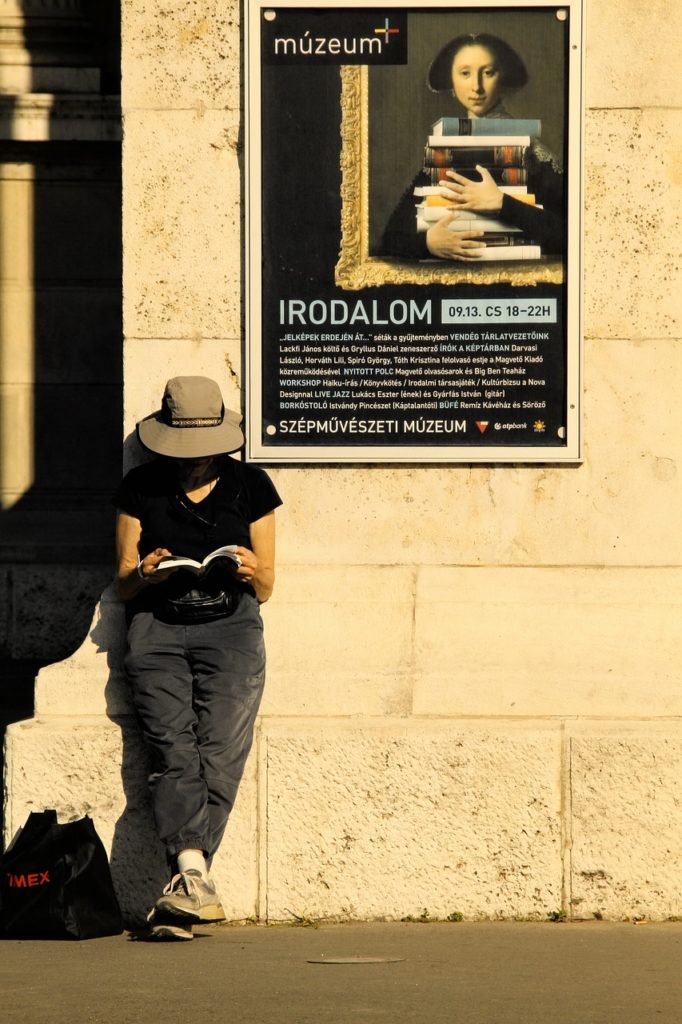From Our Authors | July 23, 2017

What Our Writers Are Reading
We asked our summer issue authors what’s on their reading list this summer; here, they explain why they decided to pick up various works of fiction, nonfiction, and poetry.
May-lee Chai, whose story “The Witness” illuminates questions of race and generations, has been reading Lisa Ko’s debut novel, The Leavers, which is inspired by a real story about the son of an undocumented Chinese woman working in New York City. — “It is a searingly beautiful look at identity, belonging, and the perils of the transnational work force.”
Then, Tanaya Winder’s collection of poetry, Words Like Love, explores issues impacting contemporary Indigenous people. — “Winder’s poetry is powerful, urgent, and stunningly beautiful.”
Megan Blankenship, whose fiction appears in print for the first time with her story “No Shadow of Turning,” is reading fiction such as the short story “The Third and Final Continent” by Jhumpa Lahiri, which she stumbled across in a beat-up Best American at her small, local library. — “By the end, I was simultaneously laughing and bawling.”
On the poetry front, Megan delved into Keetje Kuipers’s The Keys to the Jail. — “I loved the steeliness and the philosophical bent of her first collection, and I’m hoping to learn some formal lessons from this one.”
Jane Gillette, whose comic epistolary story “Norfolk” marks her fifth appearance in TMR, has been rereading W.G. Sebald, and as soon as she finishes Austerlitz, she will move on to the work of Ann Beattie, George Saunders, and Elizabeth Strout (three popular writers whose work she doesn’t like). — “I will read carefully to see if I’ve missed something, and then I will reward myself with Dennis Washburn’s 2015 translation of Murasaki Shikibu’s Tale of Genji, the most beautiful and one of the oldest novels ever written.”
Elizabeth Lindsey Rogers, whose surprising memoir “The Magic Show” takes us back to middle school, is reading Nina Riggs’ memoir, The Bright Hour. — “Riggs, who was diagnosed with breast cancer at the age of 37, strikes the right balance of gravitas and humor. Partway through the memoir, she also reveals to readers that she is a direct descendant of Ralph Waldo Emerson, and her meditations become more and more transcendental as she nears the end of her life. Beautiful writing. This one’s on the bestseller list for a reason.”
Elizabeth is also reading Cassie Pruyn’s book of poetry, Lena. Set in coastal England, the young speaker finds herself in an early lesbian romance. — “The spare quality of these poems mimics the austerity of the landscape; it also helps create emotional tension on the page. For me, there’s nothing quite like the energy of a poet’s first book, especially one with a queer coming-of-age story at its center… At every line break, I feel the longing between the speaker and Lena. I read this book in part for a course I’m planning for next spring: Queer Poetry. This book will be perfect for the classroom.”
Joyce Schmid, whose poems affirm the significance of our lives against the backdrop of time and the universe, is working through Garden Time by W.S. Merwin. He is one of her favorite poets, and this is his newest book, which Joyce says is “about memory, aging, the poignancy of love, and his developing blindness.”
She is also reading Excerpts from a Secret Prophecy by Joanna Klink. — “Louise Glück calls Klink’s work ‘harrowing, ravishing, essential, unstoppable’ — and it is.”
In fiction, she has just finished the trilogy by Greg Iles that starts with Natchez Burning. — “Reading it was like drinking acid — but I couldn’t put it down.”
Rebecca Macijeski, whose poems are as at home in abstraction as they are in image, is reading Catalog of Unabashed Gratitude by Ross Gay. Rebecca loves that the poems in this book seem to let in anything and everything. — “A poem about joy or ecstasy or gratitude can also be a poem about pain, need, loss, or whatever else arises. Gay’s poems inspire me to feel more courageously grateful in my poems and in my life.”
M.G. Stephens, who is making another appearance in TMR with a story about the peripatetic Eileen Coole, Irish expatriate and ex-junkie, has just finished reading Ralph Ellison’s Invisible Man. M.G. is part of a men’s reading group at the oldest African American church in Evanston, Illinois, and they usually read books related to social justice or black history or culture. — “The first time around I was impressed by Ellison’s prose style and his storytelling abilities. This time I am taken by the breadth of his knowledge and experience, and his uncanny ability to synthesize other writers’ ideas into his own work. I am also taken by the shapeliness of the work, a beautiful arc to the narrative, themes repeating, ideas culminating, images solidifying by the end. This book is a devastating indictment of American racism, and its voice resonates deep into the bones, shaking up our world in a way that propels us towards social justice.”
The group’s next book to tackle is The Fire Next Time by James Baldwin, which is one of M.G.’s favorites. — “I try to re-read it every year. Baldwin has one of the most beautiful prose styles I have ever encountered in any language, and I identify with the fact that he was one of nine children, as I was too, growing up in a poor family in New York too. But most important, Baldwin articulates the pain of social injustice in America as well as anyone, and a writer committed to social justice, in my opinion, is just slightly more ahead of the other writers around her or him. Every time I read this book, it amazes me how articulate Baldwin is about feelings that most of us are too traumatized by to ever be able to give them form and articulation. He is one of the great voices in American literature.”
Lastly, he is reading many miscellaneous books, mostly to review them, including the late Richard Elman’s collected poems, a handful of Irish books, and Richard Hoffman’s memoir Love and Fury, as well as his latest poetry book Noon until Night.
SEE THE ISSUE
SUGGESTED CONTENT

Featured Prose
Apr 19 2024
An Interview with Robert Long Foreman
Recently, TMR intern Shayla Malone interviewed Robert Long Foreman about “Song Night,” which tells the story of a pot-smoking father who has to adapt to the fact that his teenage daughter… read more

Featured Prose
Mar 15 2024
An Interview with Genevieve Abravanel
Recently, TMR intern Shayla Malone interviewed Genevieve Abravanel about “Wilderness Survival,” which tells the story of a recently widowed mom and her young daughter, who becomes an avid follower of a… read more

From Our Authors
Oct 06 2023
An Interview with Alexander Ramirez
Recently, TMR intern Michael Fegan interviewed Alexander Ramirez about his essay “On Defeat and Diego,” which was a runner-up for the 30th Annual Jeffrey E. Smith Editors’ Prize. Ramirez’s personal… read more














